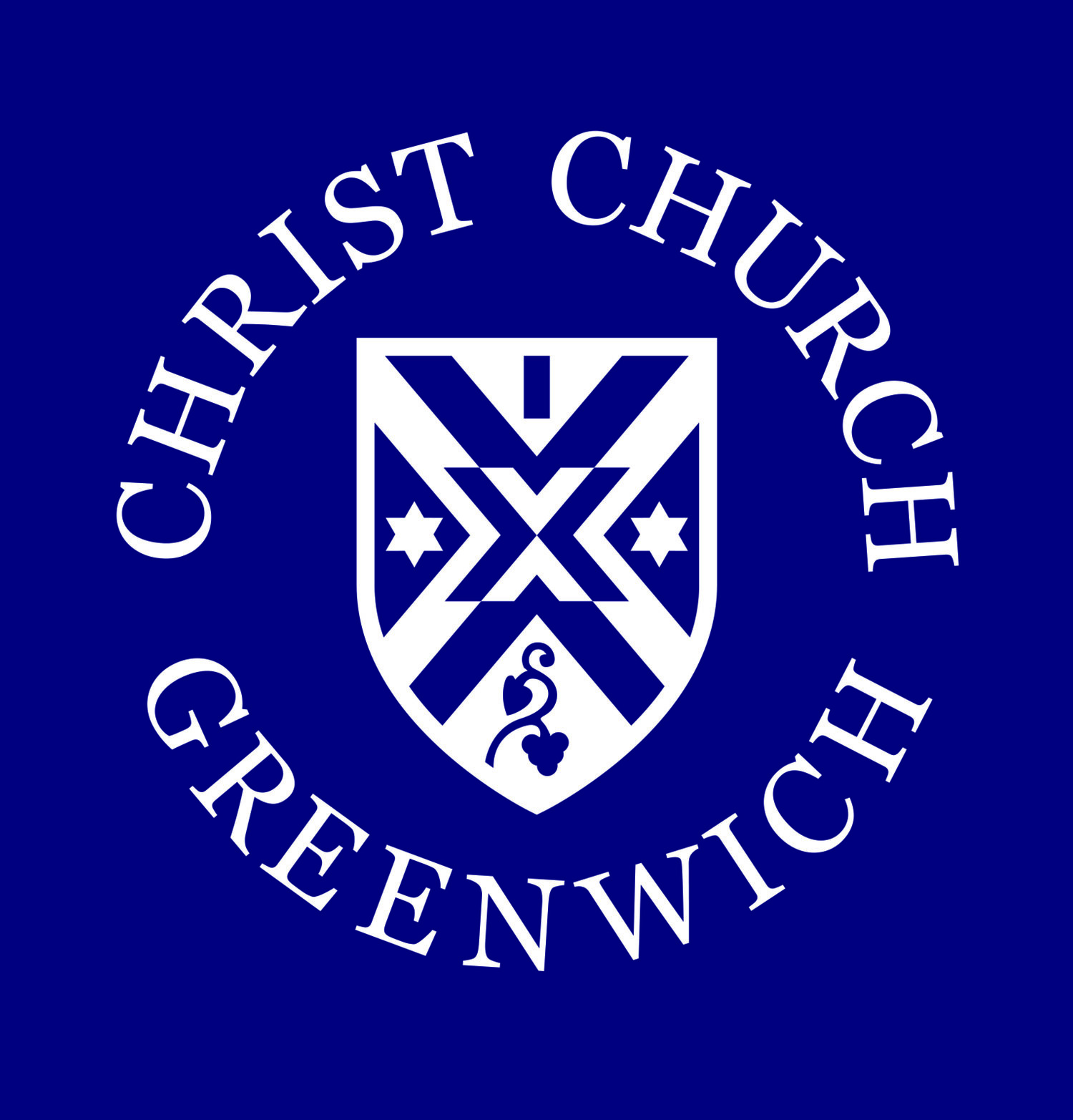The Episcopal Church of Cuba
Growing the Christ Church Greenwich-San Marcos Relationship
We just completed our 5th trip to San Marcos, our companion parish in Holguin, Cuba!
We brought critical medical, food and other supplies to address on-going shortages and spend time with the people of San Marcos through shared meals, Bible studies, crafts and in-home food growing projects.
Here is a journal entry from Adriana Riles:
February 15-18: The afternoon of Saturday we arrived from Miami to Holguin to the church of San Marcos to greet the family. In the evening we were surprised to go outside of town to a nightclub dinner spot, set outdoors under the stars. It was a perfect introduction with samba and rumba music and great food. The next day, Sunday, we met all 40 members of the Church, who embraced us, kissed us and smiled with their eyes.. We celebrated the Eucharist together. We exchanged gifts of food and medicine. We invited them to lunch to an elegant restaurant, an unaitanable luxury for them at very reasonable cost to us. On Monday we had an outing to a beautiful beach with about half the congregants. It was very special morning. We sat together in small groups, chatted, swam, walked and bonded. In the evening we invited the Vestry for dinner. They had the opportunity to share with us their working plan for the year. Tuesday morning we had a working meeting with the Rector, Gil Fat Yaro and left for Miami in the afternoon.
A friend asked me:” Why do I go to Holguin, Cuba?
After three trips I understand my pull to the Congregation of San Marcos. In a country where the government has abandoned its people, the community of San Marcos has found a place of love, faith, friendship and support. They live their faith, look after one another and have lighten their burden of living in a repressive government by being a community of faith and practicing the word of the Gospel.
Why Cuba?
In 2018, the U.S. Episcopal Church (TEC) readmitted The Episcopal Church of Cuba (ECC) as a diocese after more than 50 years of separation following the Castro Revolution. Presiding Bishop Curry asked all TEC parishes to reach out to our Episcopal brothers and sisters in Cuba and “find our way back to one another.”
CCG Commits to Cuba
CCG answered the call. In 2019, Marek led our first mission trip to Havana where the group met with then-Bishop Griselda who asked us to consider forging a companion relationship with San Marcos in Holguin (see map).
New Church Home for San Marcos
Our second mission trip went to Holguin in 2020 and focused on finding a new worship space for San Marcos. Father Gil and his congregation were meeting in the living room of a private home and had outgrown the limited space. No new churches can be built in Cuba so the group did a new site search all over Holguin. They found a new church home, secured vestry approval upon return and purchased the home with private funds. Then the pandemic struck.
Water Filtration System
Our third mission trip finally returned to Holguin in 2022. In addition to 20 bulging suitcases filled with critical goods unavailable in Cuba (from pain relievers and kids’ vitamins to shoelaces and a printer), they brought a water filtration system. You can’t drink the tap water in Cuba. Thus, Bishop Griselda’s top priority was to install a water filtration system, accessible to the public, in each of the EEC’s 52 Episcopal churches and worship communities. To date, 38 have been installed. Her philosophy of “building the church outside the walls” has become a reality.
Hunger
Our fourth mission trip went to Holguin in 2024. The focus was on food security, now the number one issue throughout Cuba. The country is facing its worst economic crisis since the fall of the USSR in 1991. Rampant inflation and a freefall economy have resulted in constant, unpredictable food shortages. And coping is even harder because of the unreliable power grid resulting in constant blackouts. The group finetuned the supplies brought in to include as much dried and canned foods as possible as wel as critical medicines. They also funded San Marcos community meals and initiated joint Sunday school activities and an in-home food growing projects.




